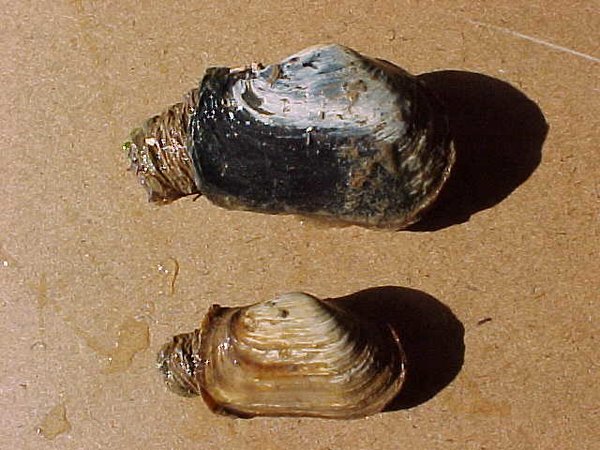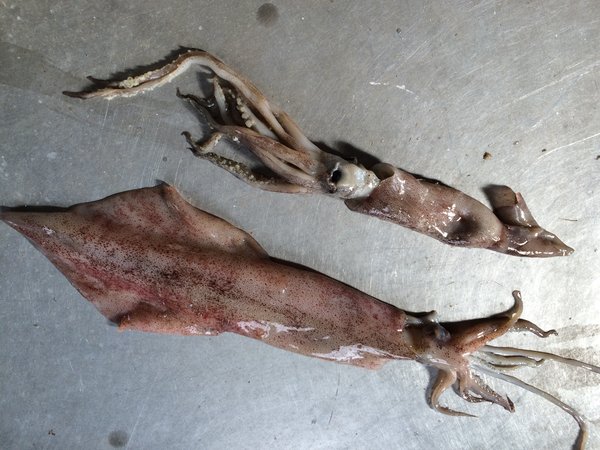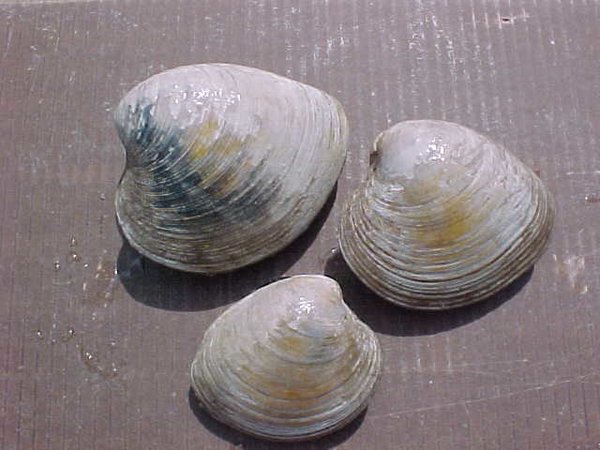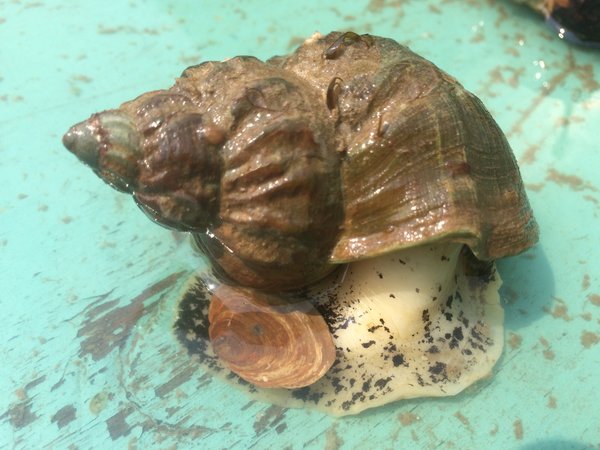 Image 1 of 4
Image 1 of 4

 Image 2 of 4
Image 2 of 4

 Image 3 of 4
Image 3 of 4

 Image 4 of 4
Image 4 of 4

Cup and Saucer Limpet (Crucibulum striatum)
Common name: cup and saucer limpet
Scientific name: Crucibulum striatum
Locations: found on live and dead clam, mussel, & scallop shells, also rocks and stones, subtidal mostly
Seasonality: available year round
Colors: whitish colors with streaks of brown and rose
Size: 1/4" - 1"
Collected: by hand, knife to detach them from rocks
Quantity: sold by the each
Common name: cup and saucer limpet
Scientific name: Crucibulum striatum
Locations: found on live and dead clam, mussel, & scallop shells, also rocks and stones, subtidal mostly
Seasonality: available year round
Colors: whitish colors with streaks of brown and rose
Size: 1/4" - 1"
Collected: by hand, knife to detach them from rocks
Quantity: sold by the each
Common name: cup and saucer limpet
Scientific name: Crucibulum striatum
Locations: found on live and dead clam, mussel, & scallop shells, also rocks and stones, subtidal mostly
Seasonality: available year round
Colors: whitish colors with streaks of brown and rose
Size: 1/4" - 1"
Collected: by hand, knife to detach them from rocks
Quantity: sold by the each

The underside of a cup and saucer limpet laying on a sea scallop.
Tidepool Tim says, "The name of this little fellow is dead on - it looks like a little cup with a saucer! Of course, you have to kill him and pull out his body to fully appreciate it, but if you find just the shell washed up on the beach doing this is not necessary. The top of the shell curls over to one side and it has delicate little ridges running down the sides. We find these when dredging for other specimens like sponges or shrimp. Typically they are attached to blue mussel shells or scallop shells - sometimes a small stone or even a live whelk. Once only we had one attached to a green crab. I am not certain but believe these to feed on plankton or other detritus. Like slipper shells we often find them stacked one on top of another for reproduction purposes."














